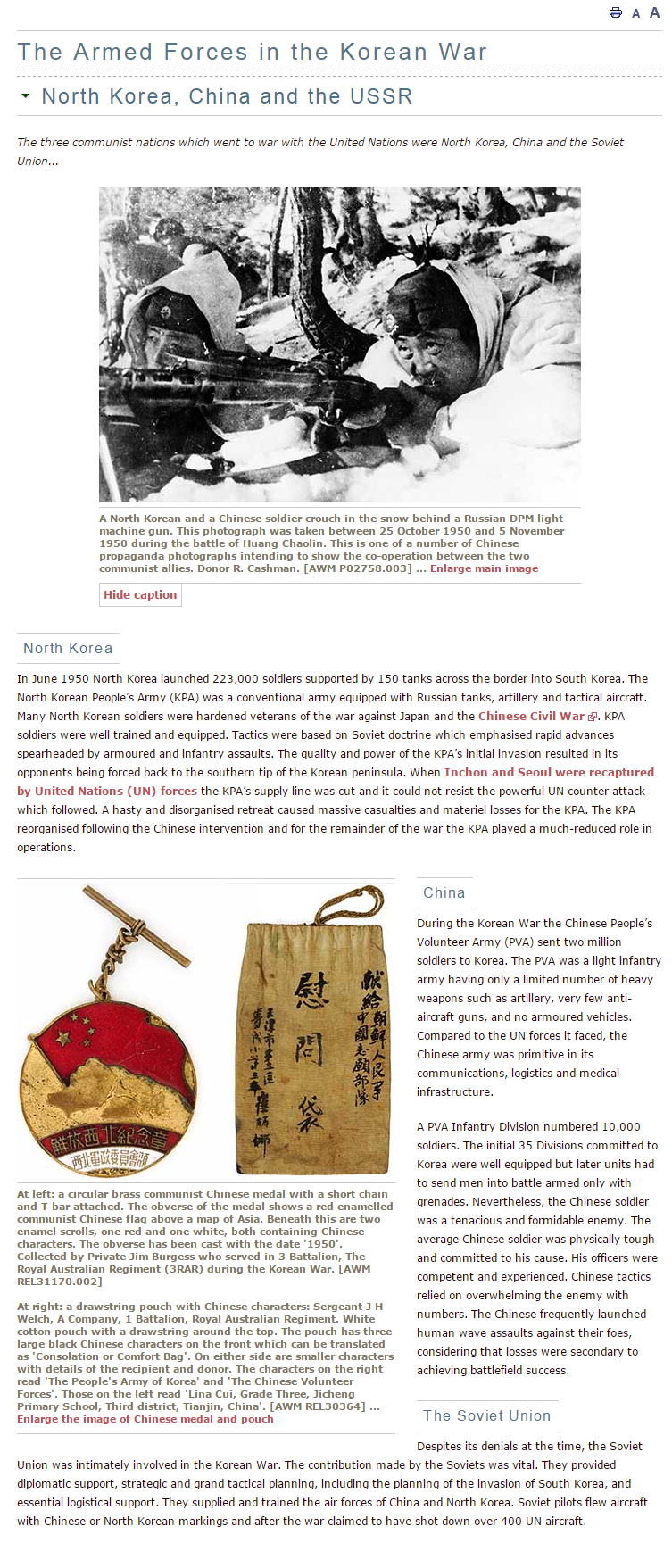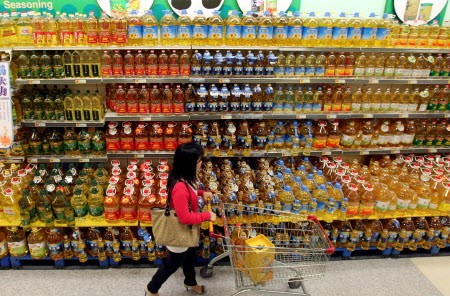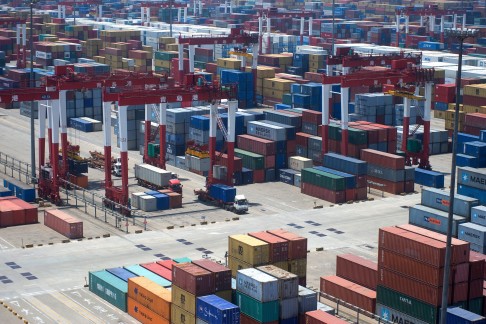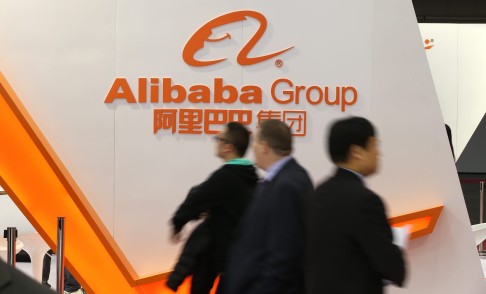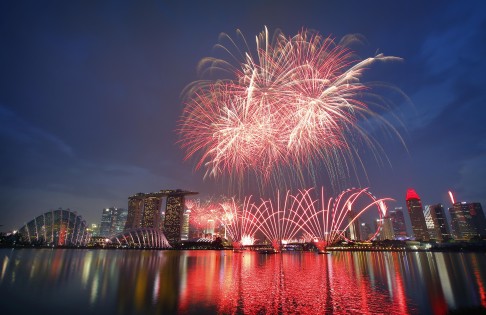This thread is bookmarked for further additions as i find more.
Why u cannot offend Sinkieland's valuable trade partners including China, Russia, North Korea and many more....
Their (usually all lowercase alphabets characters) clones from the PAP IB will harass u either by stalking or profanities over the reputation system.
Only i am resilient and able to hit them back with my army of clones.

http://www.sammyboy.com/showthread.php?199329-Photo-PRC-woman-urinated-onto-MRT-seat-and-scolded-Singaporean-for-staring&p=2108727#post2108727
No, it's because the PAP govt is humji when it comes to foreigners. The pappies don't want to make it a diplomatic issue and incur the wrath of Sinkieland's valuable trade partners. Let's not even talk about urinating... many foreigners eat on board an MRT train, yet no one enforces the laws. If you put up laws that you would not enforce, why bother at all?
___________________________________________________________
Mapletree sees opportunities in China property market despite challenges
Celebrating 10 years operating in the mainland market, Singapore-based Mapletree is focusing its China expansion on coastal cities under the leadership of regional CEO Quek Kwang Meng
PUBLISHED : Wednesday, 10 June, 2015, 4:00am
UPDATED : Wednesday, 10 June, 2015, 4:00am
Daniel Ren in Shanghai [email protected]

Shoppers ride the escalators at VivoCity shopping mall in Singapore. VivoCity is Mapletree's retail brand, which is also established in other cities in China, as well as in Vietnam. Photo: Reuters
Quek Kwang Meng joined Mapletree in March 2012 as regional chief executive officer for China and India.
He is now leading business expansion efforts in the two key markets, with direct responsibility over the group's non-reit assets.
Before joining Mapletree, Quek was the global co-head and managing director for real estate investments in Citi Private Bank, and prior to that he served as managing director with CapitaLand Financial.
Could you tell us your geographic focus and expansion plan in China?
Mapletree will continue to focus our investments and evaluate opportunities in the existing first- and second-tier cities. Although we are seeing challenges in the residential and retail markets in China, we believe opportunities still exist. Therefore, we are still evaluating projects and expanding, and remain selectively focused on specific asset classes and micro-markets where we continue to see growth.
How will Mapletree take advantage of China's urbanisation drive to seek further growth?
We'll be very much in line with China's urbanisation drive. Why we concentrate on the coastal cities is because we feel that most of the Chinese population would want to migrate to the coastal cities where they can get the jobs.
2015 is the 10th anniversary for Mapletree since you entered China in 2005. Could you brief us on Mapletree China's achievements in that time?
Our China presence has grown in the last decade from when we first entered China with investments in logistic properties. Our business has since expanded into industrial, office, retail and mixed-use developments in various China cities including Shanghai, Beijing, Guangzhou, Foshan, Ningbo, Tianjin, Wuxi, as well as Hong Kong.
Presently the region houses over S$10 billion in assets under management for the group.
There's heated competition among commercial properties in China. How does VivoCity compete in the market and what do you think is the key to success here?
VivoCity is Mapletree's retail brand and is based on the successful attributes of VivoCity Singapore. Today, the brand is also established in other cities in China, such as Xi'an and Nanhai, and similarly also in Vietnam.
The success of VivoCity in Singapore is primarily because the mall constantly seeks to deliver a vibrant and stimulating experience as a one-stop lifestyle and retail destination for families and individuals alike. It features wide and open spaces to enhance the shopping experience, and entertainment and relaxation features.
VivoCity Shanghai is designed with an expansive 10,000 sq m landscaped garden that includes a children's playground and a modern amphitheatre. Like VivoCity in Singapore, it will host an eventful calendar of plays, cultural performances, fashion shows and live concerts for consumers in Shanghai.
What's the significance of Mapletree Business City Shanghai and VivoCity Shanghai project to Mapletree China?
The combined project constitutes our largest single investment in China to date. China has undergone rapid economic growth in the past 10 years, and given Shanghai's status as the financial and trading centre of the country, the intense urbanisation and the robust business expansion the city has undergone is set to continue. We believe these trends will continue to drive occupancy and rents in the traditional CBD areas.
Could you share with us your view on mainland China's private equity real estate funds?
The private equity market in China is still growing. There are polices that have been introduced which need more time to mature and be tested. While this can present challenges, it also means that there will be plenty of opportunities ahead. As such, we are still viewing this market positively.
Recently many companies are hoping to adopt an asset light business model in their operations, and this will also boost the importance of private equity.
Mapletree employs an asset-light business model that combines real estate capital management, development and investment skills to deliver consistently high returns from its portfolio. We'll continue to use our asset-light business model to chase growth in China.
Will Mapletree invest more in the logistics segment in China?
In terms of logistics business, we follow the needs of our existing customers. We'll invest in places where our customers go. We would like to expand our logistic businesses in China.
What's your take on China's reit market?
We are quite optimistic that the Chinese government will work out more specific reit policies and they will come out in the near future.
What's the biggest difficulty in doing business in mainland China now?
The difficulty in doing business in China now is the rising cost and high taxation. Margins are continually being squeezed, and companies need to look at cost-cutting measures to improve their margins.


